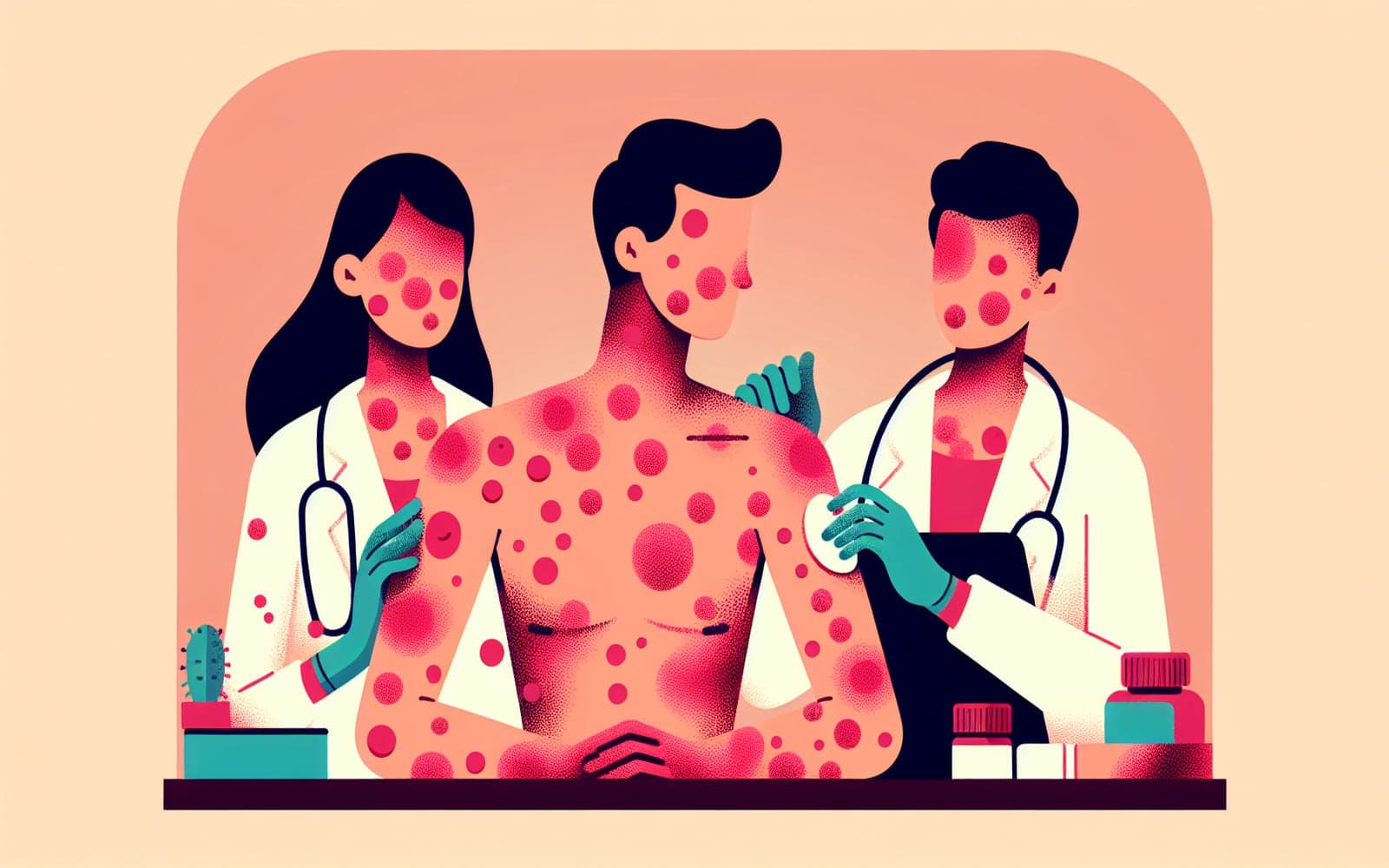What is Chronic Plaque Psoriasis and How Does it Affect Your Skin?
Published: Sep 13, 2024

Medically reviewed by Jerome Albert Ecker | MD, Assistant Professor of Medicine, Duke University - Durham, NC on September 13th, 2024.
Chronic plaque psoriasis is a common skin condition that causes red, scaly patches. It can be frustrating to deal with, but understanding the condition is the first step to managing it effectively.
Contents
What Does Chronic Plaque Psoriasis Look Like?
Chronic plaque psoriasis typically appears as well-defined, red patches covered with silvery scales. These patches, called plaques, most commonly show up on the elbows, knees, scalp, and lower back. However, they can appear anywhere on the body. The plaques may be itchy, sore, or even crack and bleed in severe cases.
What Causes Chronic Plaque Psoriasis?
Psoriasis is an autoimmune condition, meaning the immune system mistakenly attacks healthy skin cells. This causes skin cells to grow too quickly, building up into scaly patches. While the exact cause isn't fully understood, both genetic and environmental factors play a role. Stress, certain medications, infections, and skin injuries can trigger flare-ups in people who are susceptible.

How Does Chronic Plaque Psoriasis Impact Daily Life?
Living with chronic plaque psoriasis can be challenging. Beyond the physical discomfort, visible plaques may cause embarrassment or self-consciousness. This can affect social interactions, clothing choices, and even career decisions. Additionally, the time and effort required for treatment can be burdensome. However, with proper management, many people with psoriasis lead full, active lives.
Frequently Asked Questions
No, psoriasis cannot be spread from person to person.
It affects about 2-3% of the world's population.
Some people find certain foods trigger flares, but more research is needed.
No, it's a systemic inflammatory condition that can affect overall health.
Key Takeaways
While chronic plaque psoriasis is a lifelong condition, it doesn't have to control your life.
Ready to take control of your psoriasis? Talk to Doctronic about creating a personalized treatment plan today.Related Articles
References
Elmets CA, et al. J Am Acad Dermatol 2021; 84:432.
Mason AR, et al. Cochrane Database Syst Rev 2013; :CD005028.
This article has been reviewed for accuracy by one of the licensed medical doctors working for Doctronic. Always discuss health information with your healthcare provider.

